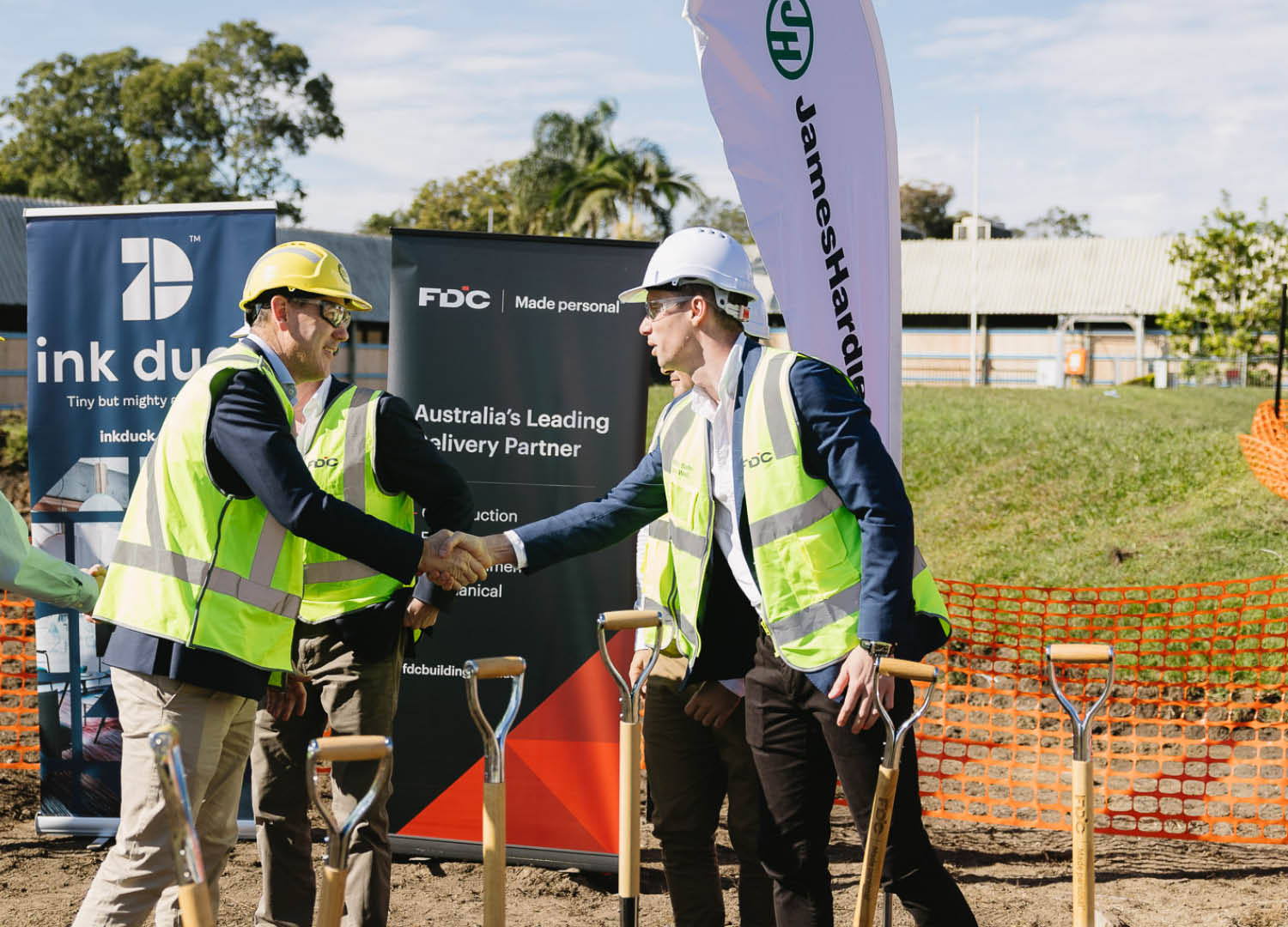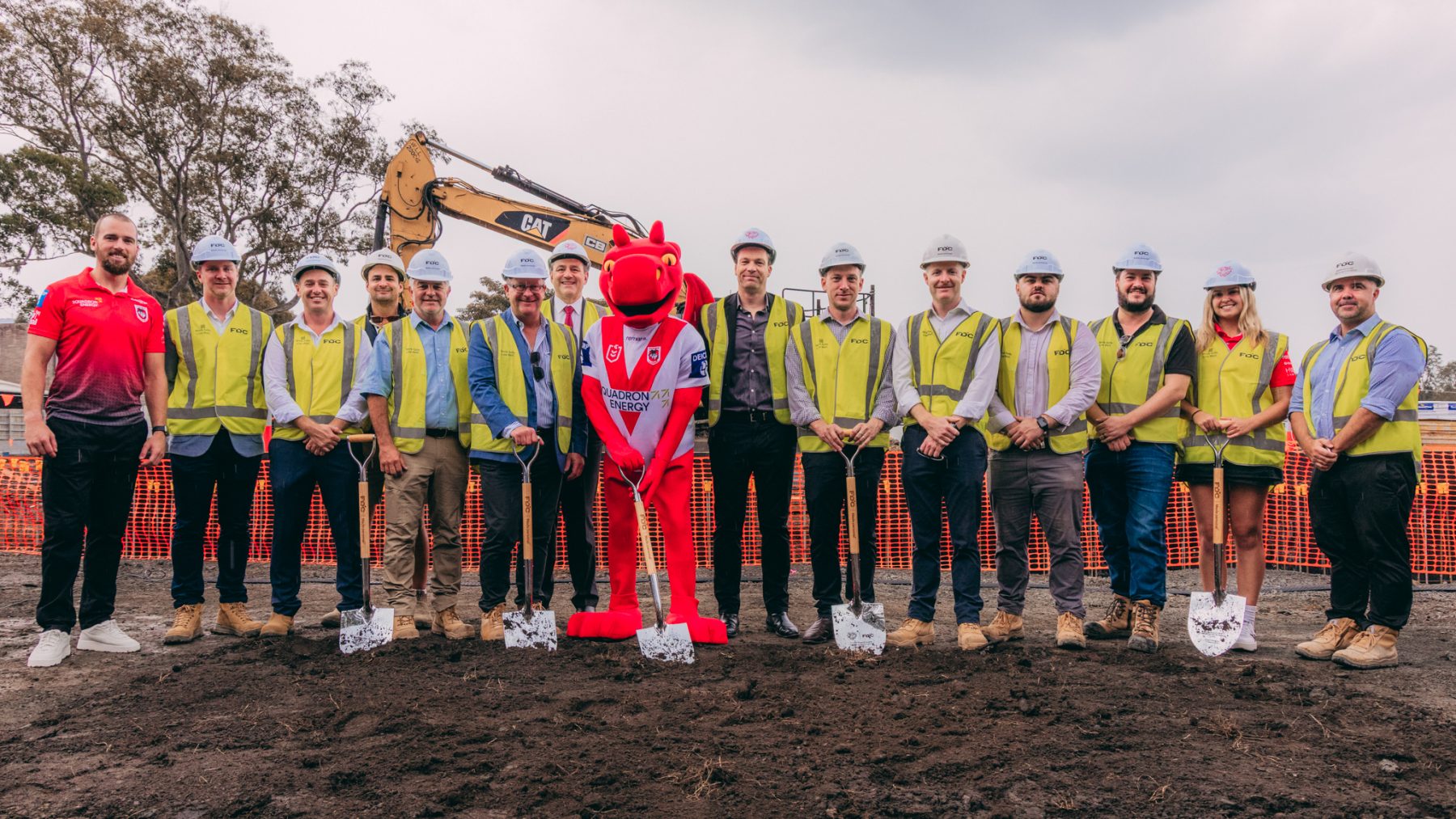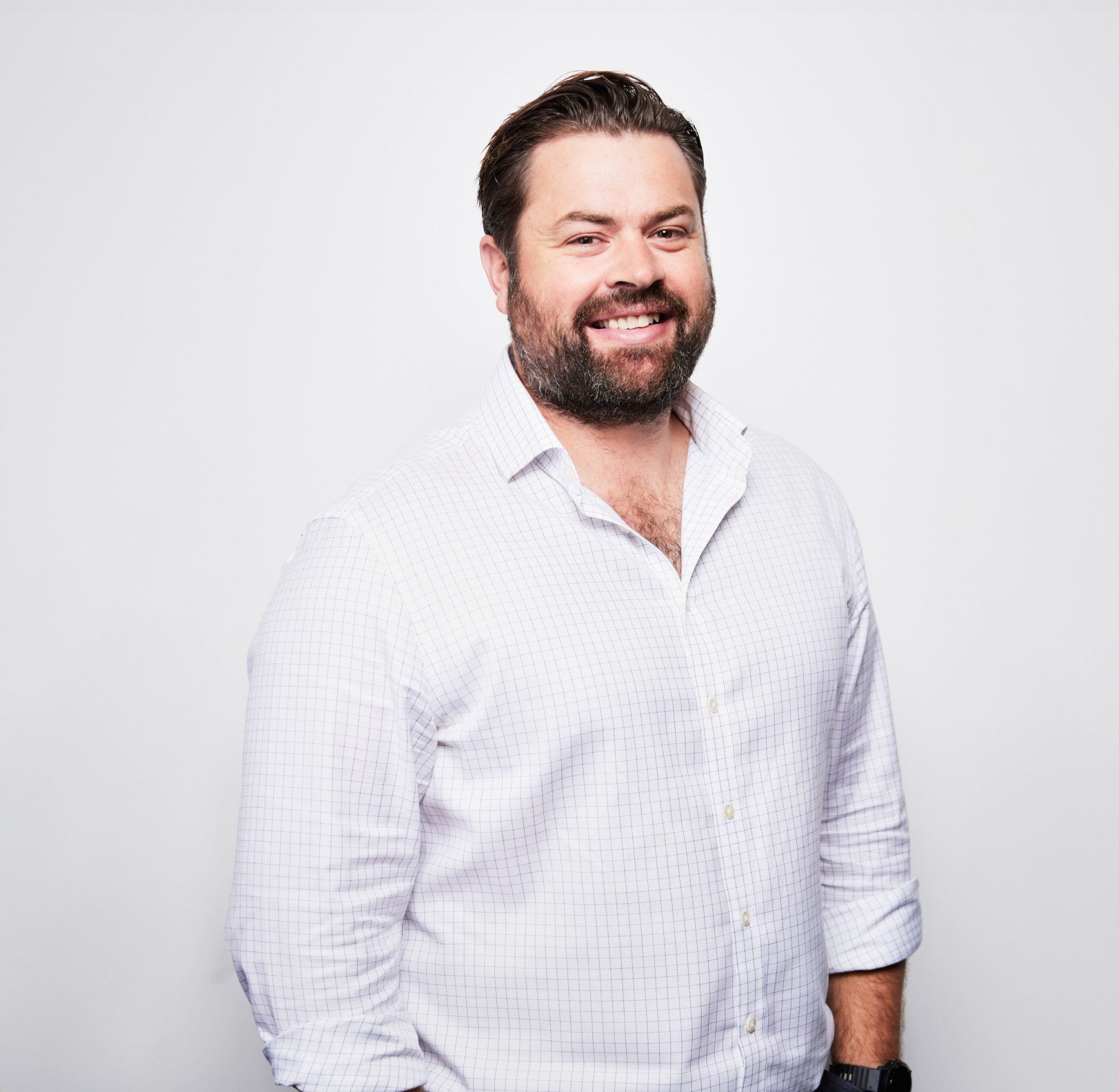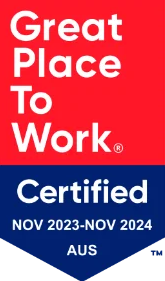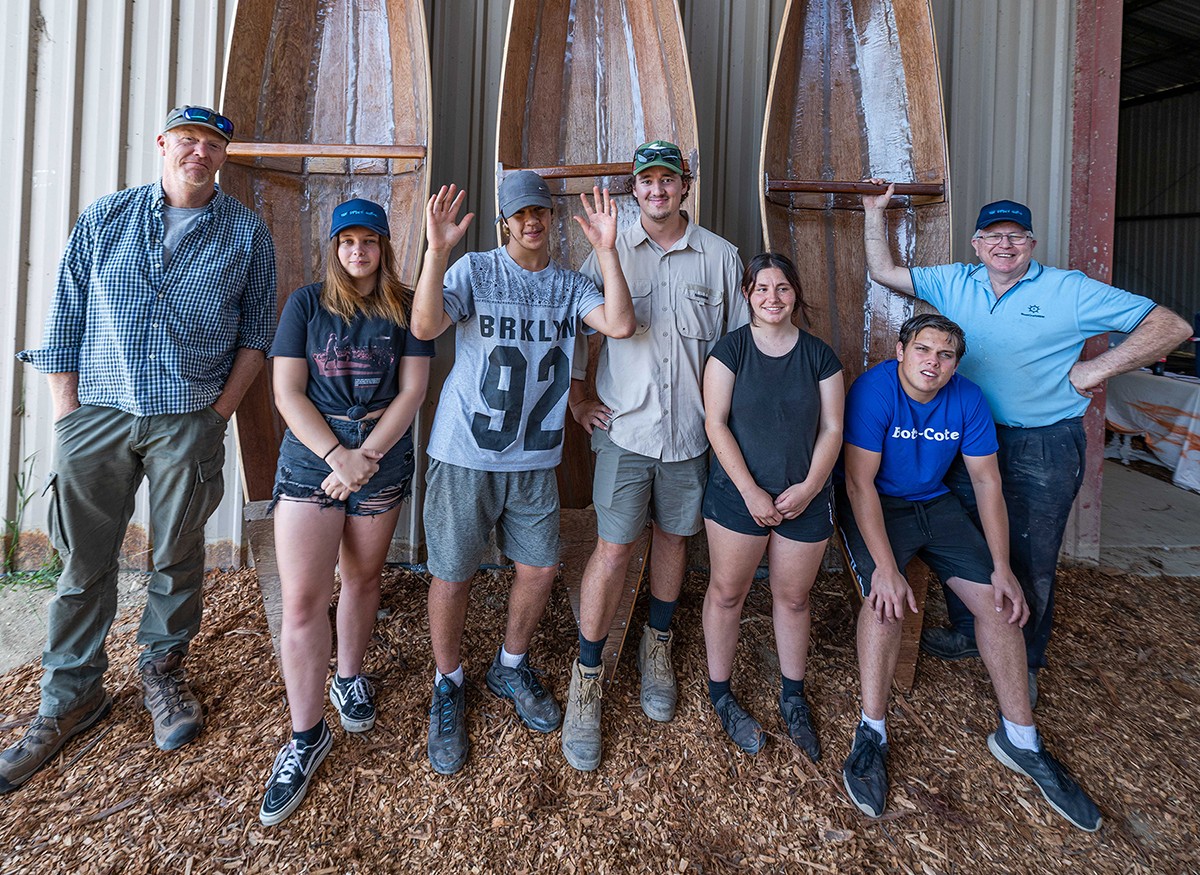
Two weeks, three canoes, six kids and inspiring indigenous mentors: the Eden Canoe initiative has the potential to change lives.
FDC Cadet Ethan McDonald was invited to share his knowledge and watch the magic unfold.
It’s a warm spring day in November, and FDC cadet Ethan McDonald has just arrived in the NSW’s most southerly coastal town, Eden, population 3151.
Ahead of him, stretches a two-week workshop, where alongside others, he’ll help indigenous kids grasp the art of canoe building. It can take around eight months to build a canoe, so the fact they’re going to build three canoes in a couple of weeks is not only a physically impressive feat, but an achievement that for some of these young people, could prove to be life-changing.
Ethan knows a thing or two about building canoes.
In his final year of high school, he decided to construct a canoe for his HSC major work. It was a daunting task at first, he says, not least because it seemed like a lot of work (it was), he’d never built one before, and he didn’t know anyone who could guide him.
A mutual friend put him in touch with Steve Hayes, who as coincidence would have it, lived down the road, and had been building canoes for 20 or so years.
“I kind of fell into Steve’s world of knowledge. He gave me a push start and guided me along the way,” says Ethan.
“Steve introduced me to Michael Palmer, who had a table saw at his house, which made it easy for me to cut my strips of Western Cedarwood. He helped me with the build and we’ve been friends ever since.”
Michael’s the founder of the Eden Canoe project, which takes indigenous students away for a couple of weeks and equips them with new skills, while connecting them with their culture and heritage.
Michael invited Ethan and Steve to join him for the inaugural program. Between the three of them, they worked on one boat each, with two students on each team, aged between 8 – 15.
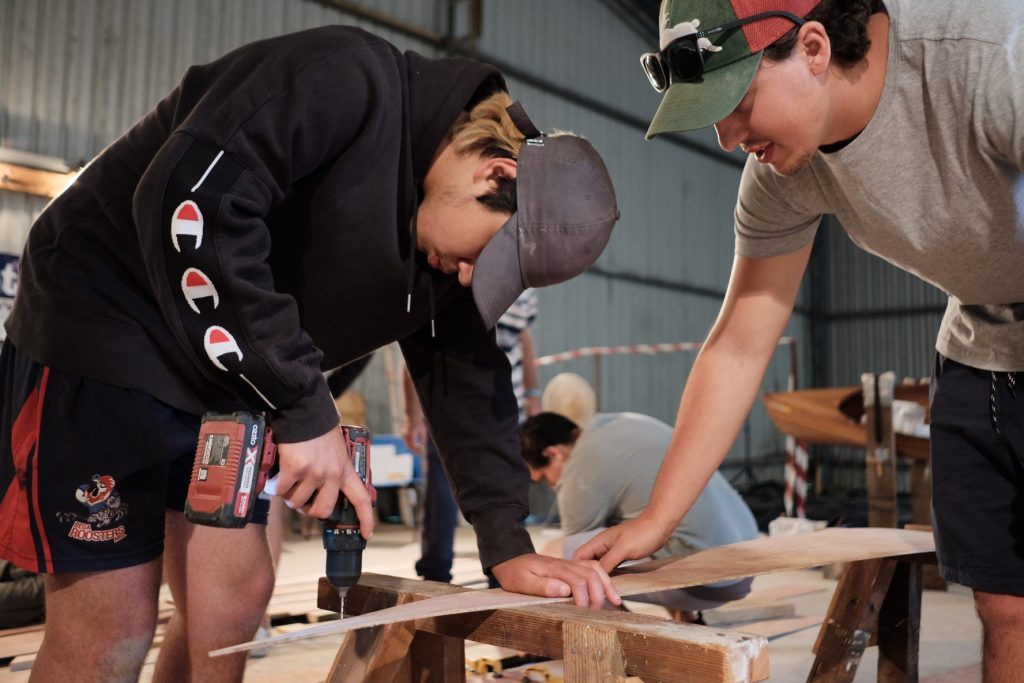
“Some of these kids have had challenging upbringings, they’re not engaged at school and they don’t feel understood.
They deal with racism, don’t always have a lot of support and it can be really tough for them.
To give them something to accomplish over a two-week period and see how they transformed in that time, was really something special,” says Ethan.
For the first week, they built the boat together, and cut the planks of wood. Initially, the frustration of trying to learn a new skill was evident.
“There were moments when things weren’t going their way and they’d just quit and say, ‘Stuff this. It’s too hard, I can’t do it.’
They’d never really used tools before and building a boat’s a massive task. But by the end of the first day, they were really getting into it,” says Ethan.
“I think the coolest part was just seeing that transition between them really struggling at first, and then wanting to stay back an hour in the shed to get the boat done. You see the change – from kids who haven’t achieved much or don’t have the guidance, to them having that sense of accomplishment.
They had their boats out on the water floating, after five days.”
Perhaps even more profound was the influence of indigenous mentors, artists and dancers including activist and Elder, Ossie Cruse MBE AM, indigenous cultural educator Nathan Lygon, and local Aunties and Uncles, who spent time with the students, connecting them with invaluable aspects of their culture. In the second week of the program, the students worked with indigenous artists to paint their canoes.
“A lot of the kids hadn’t done dot paintings before. It was really cool to see them learning from traditional Aboriginal artists, sharing techniques that go back to the time of their ancestors,” says Ethan.
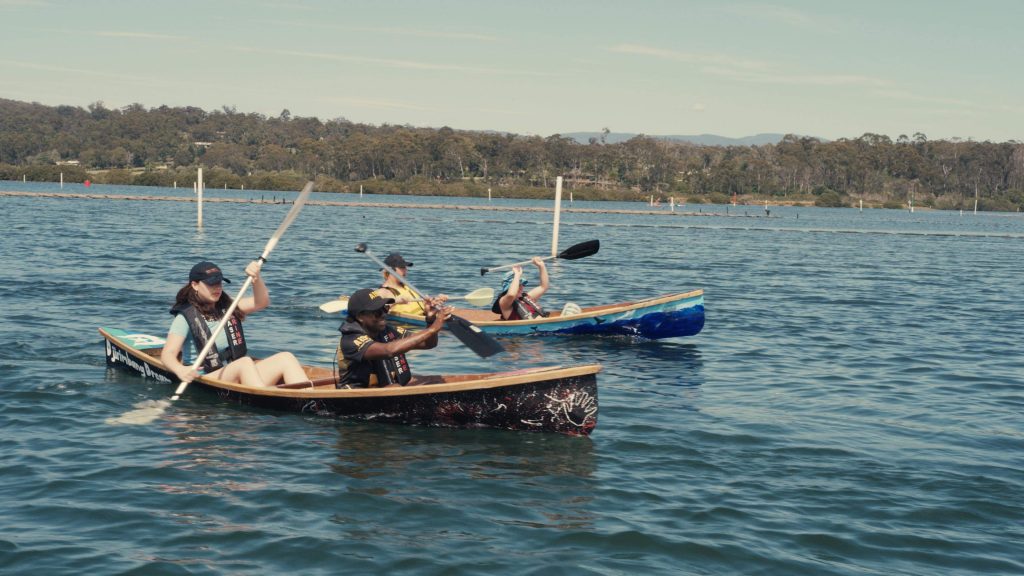
“In the final two days, we took the canoes up the river and viewed the historic fish traps, which is the traditional way of fishing. It was great to watch the kids paddle in the same place and in similar boats that their ancestors would have used.”
Ethan has worked at FDC as a Cadet Estimator for around 18 months now, with aspirations to become a project manager.
When he asked for time off to join the Eden Canoe project, he was surprised when the company offered to sponsor his time off.
“There’s such a big focus at FDC on charity and giving back to the community. It’s an awesome place to work,” he says.
“The main jobs down in Eden are at the timber mills and in commercial fishing so there aren’t a lot of opportunities for employment. To be able to show these kids new skills and prove to them that they can achieve something when they set out to do it, is something I’ll never forget.”
